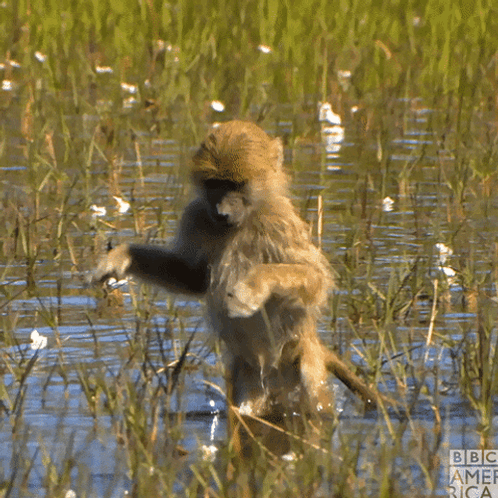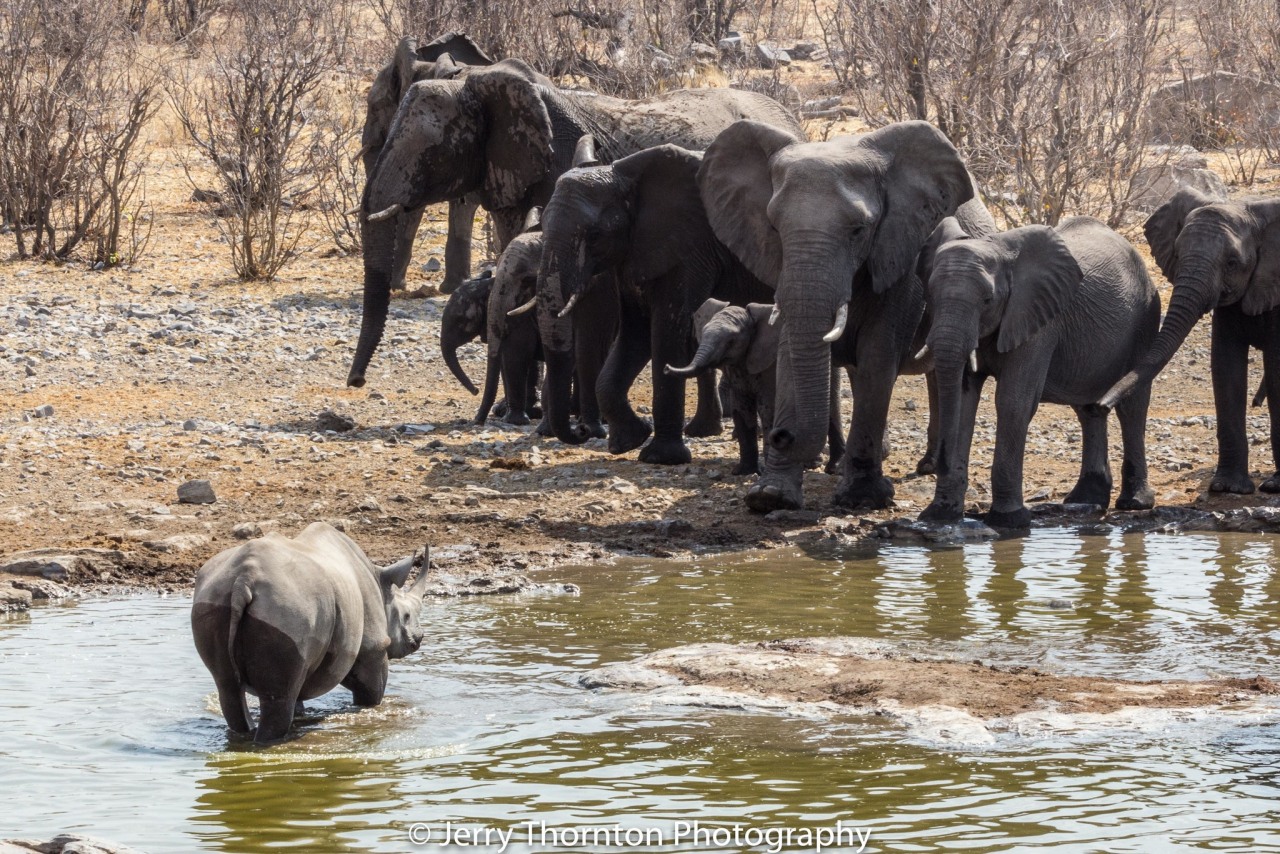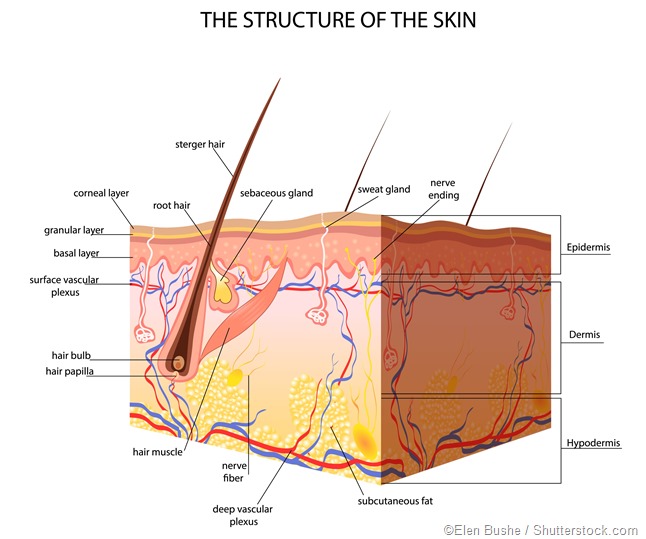'Cause those evolved in colder climates. Keep up!
(Referring to "many mammals that are far more aquatic than humans (in mainstream science thinking) are all furry")
There are several on tropical climates: African and Asian otters, platypus, capybara, water buffalo, water opossum, the fishing cat, to name a few. At the same time, there can be hairless aquatic mammals in cold environmens Arctic and Antarctic environments, such as whales of those regions and walruses. The hairlessness in aquatic mammals seems to have to do more with flubber making hair useless for thermal insulation than an adaptive necessity for aquatic and semi-aquatic environments themselves. Rodents are the most numerous branch of mammals, and no aquatic/semiaquatic rodent is hairless, although some non-aquatic rodents have hairless tails. The naked mole rat is more
rodent naked than humans, perhaps some people would suggest human cavemen hairlessness evolved under similar circumstances and reduced after we became less and less spelunkolous over time. That would be ironically more parsimonious than "humans evolved from primates converging with sirenids," as at least we did live in caves more considerably so than anything solid about this cryptopaleontological stage.
Among primates themselves, the degree to which their habitats/lifestyles involve being in the water also doesn't seem to have a correlation with being less hairy. The most hairless after humans are probably chimpanzees (follicle-count wise it's actually the same) and gorillas, which sort of hints at some kind of random phylogenetic baggage rather than any strong adaptive explanation for the degrees of hairiness/hairlessness among living apes, although it doesn't seem altogether implausible that it's a lower degree of the same thermoregulatory adaptation, which seems to be semi-uniquely primate in this configuration. It seems rather rare for other mammals to have naked faces (and ventral area), even semi-aquatic mammals. Perhaps with proportionately bigger brains holding up significant warmth, primates benefited from a naked face working as a heat-sink near the brain, I don't know. Doesn't seem to explain the ventral hairlessness either, the brain "demand" at least, although makes sense for thermal regulation in semi/sporadic bipedal animals, I guess.














